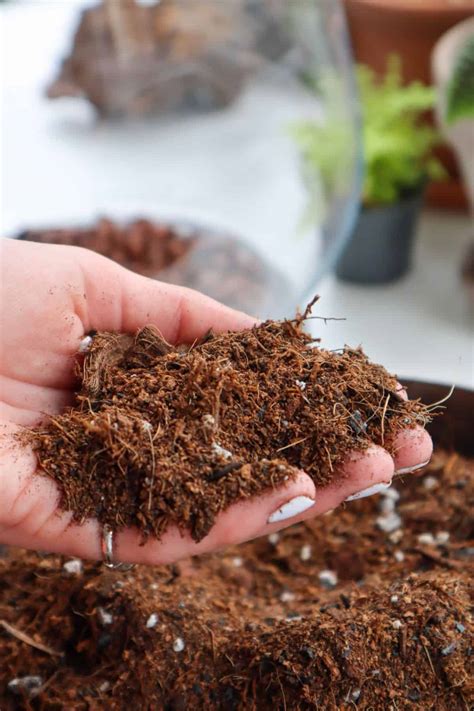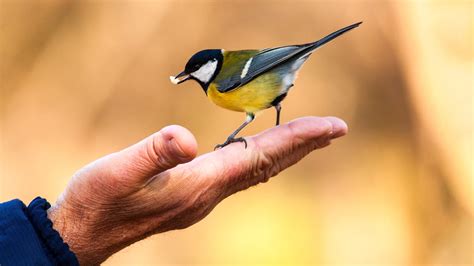Introduction

In the tapestry of our planet’s biodiversity, birds hold a vital thread that must be cherished and protected. Bird Conservation Awareness Month, observed annually in May, is a time to amplify awareness about the myriad threats facing our feathered friends and galvanize action towards their conservation.
The Alarming Decline
Birds face an unprecedented crisis, with global population estimates declining by 3 billion since 1970. This alarming trend is driven by a complex interplay of factors, including habitat loss, climate change, and environmental pollution.
Habitat Loss
The destruction of natural habitats is a primary threat to birds. Urbanization, deforestation, and agricultural expansion result in habitat fragmentation and degradation, leaving birds without vital resources for nesting, feeding, and breeding.
Climate Change
Climate change disrupts bird habitats by altering temperature patterns, precipitation levels, and vegetation distribution. Changes in food availability and breeding cycles can have dire consequences for bird populations.
Environmental Pollution
Pollution from industrial activities, agricultural chemicals, and plastic waste poses significant risks to birds. Ingestion of toxins or entanglement in litter can lead to injury, illness, or death.
The Critical Need for Conservation
Birds play a crucial role in our ecosystems by controlling pests, pollinating plants, and dispersing seeds. Their decline has knock-on effects that ripple through the entire food web, affecting biodiversity and ecosystem stability.
Conservation in Action
Preserving our avian treasures requires a concerted effort on multiple fronts. Governments, conservation organizations, and individuals can work together to implement effective conservation measures:
- Habitat Protection: Protecting and restoring bird habitats through conservation efforts, land trusts, and responsible land management.
- Climate Change Mitigation: Reducing greenhouse gas emissions and promoting sustainable practices to mitigate climate change’s impacts on birds.
- Environmental Regulation: Implementing strict regulations on pollution and waste disposal, protecting bird habitats from industrial and agricultural contaminants.
- Public Education and Engagement: Raising awareness about the importance of birds and encouraging the public to participate in conservation initiatives.
Innovative Conservation Ideas
Beyond traditional conservation measures, novel approaches can foster bird conservation in the 21st century:
- Artificial Nesting Structures: Creating nesting boxes and platforms to provide alternative nesting sites for birds displaced by habitat loss.
- Bird-Friendly Landscaping: Promoting the use of native plants and avoiding pesticides in gardens and yards, providing food sources and safe habitats for birds.
- Citizen Science: Engaging the public in data collection and monitoring, contributing to valuable information for conservation planning.
Current Status and Future Outlook
The current status of bird conservation is a mixed bag. While significant progress has been made in protecting certain species and habitats, others continue to face serious declines. Sustained efforts are needed to address the ongoing threats to our feathered friends.
Call to Action: Be a Bird Conservation Hero
Bird Conservation Awareness Month 2025 presents an opportunity for us to become active participants in the fight against bird decline. Here’s how you can make a difference:
- Educate Yourself: Learn about the threats facing birds and share your knowledge with others.
- Join Conservation Organizations: Support organizations dedicated to bird conservation by volunteering, donating, or becoming a member.
- Adopt Sustainable Practices: Reduce your carbon footprint, minimize pollution, and protect bird habitats in your community.
- Advocate for Birds: Contact elected officials and decision-makers to voice your support for bird conservation policies.
Conclusion
Bird Conservation Awareness Month 2025 is a reminder of the urgent need to safeguard our avian treasures. By working together, we can create a world where birds can thrive and continue to enrich our lives with their beauty and ecological significance. Let us embrace the mantle of Bird Conservation Heroes and secure a brighter future for our feathered friends.
Additional Resources
- BirdLife International
- National Audubon Society
- American Bird Conservancy
- Cornell Lab of Ornithology
Data Tables
| Bird Species | Population Decline Since 1970 | Primary Threats |
|---|---|---|
| House Sparrow | 58% | Habitat loss, pollution |
| American Robin | 33% | Climate change, urbanization |
| Bald Eagle | 71% (Recovered) | Hunting, habitat loss |
| Passenger Pigeon | Extinct | Habitat loss, overhunting |
| Snowy Owl | 30% | Climate change, habitat loss |
Useful Tips for Bird Conservation
- Create a Bird-Friendly Yard: Plant native flowers and shrubs, provide a water source, and avoid using pesticides.
- Reduce Light Pollution: Use motion-activated lights and shield lights to minimize disruption to nocturnal birds.
- Avoid Plastic Litter: Dispose of trash properly and prevent plastic from ending up in waterways and natural habitats.
- Support Bird-Safe Practices: Patronize businesses that use bird-friendly products and practices.
- Champion Bird Conservation: Educate others about the importance of birds and advocate for their protection.





















